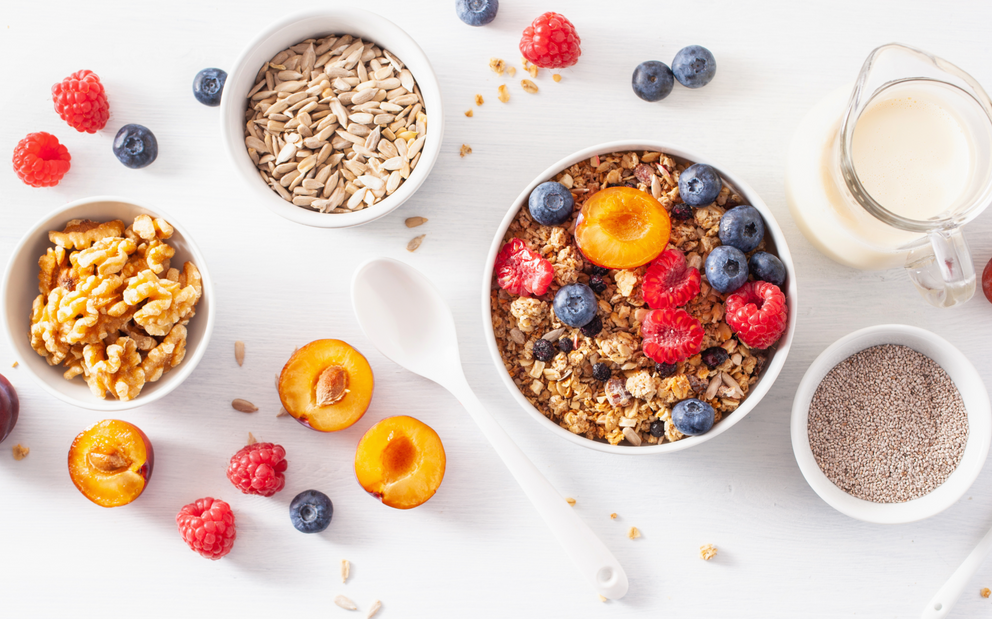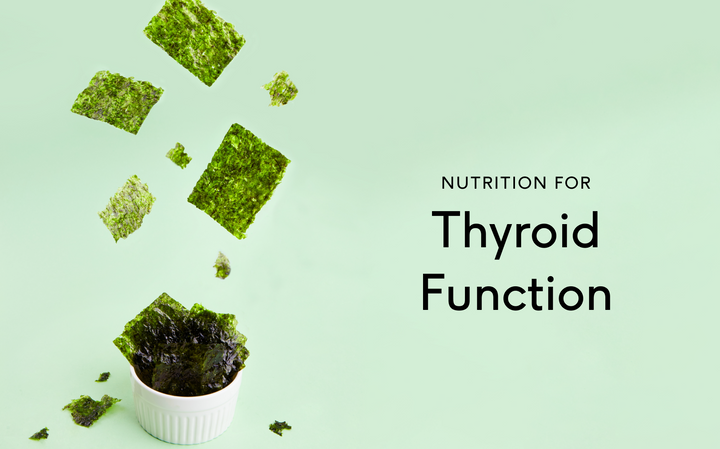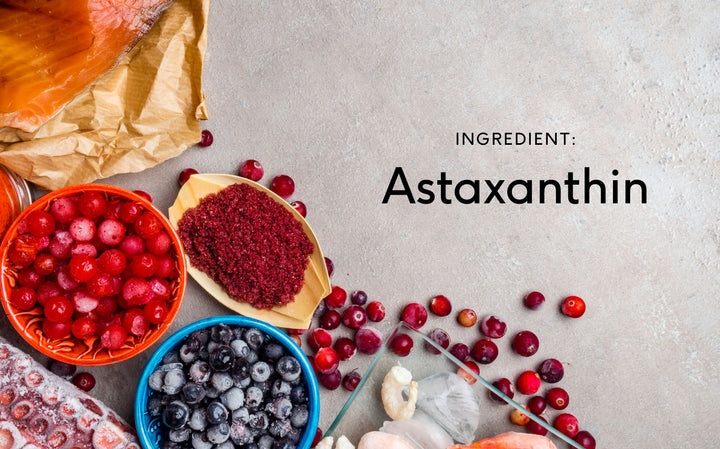Using the best form of vitamin B12: cyanocobalamin vs methylcobalamin
Table of contents

What forms of vitamin B12 are there?
In supplements, vitamin B12 generally comes in the following forms:
- Cyanocobalamin
- Methylcobalamin
The difference?
Vitamin B12, also known as cobalamin, is a critical component of the vitamin B complex, which helps provide your body with energy. The various constituents of the vitamin B complex help your body process energy in different ways, and vitamin B12 is specifically involved in the production of haemoglobin and the prevention of anaemia.
Methylcobalamin is a natural form of cobalamin, which means it's the same as the vitamin B12 you find in food. There’s another active form of vitamin B12 in the body as well, adenosylcobalamin, but it is hard to synthesise.
Cyanocobalamin has to be transformed into methylcobalamin in the body before it can be used, which is inefficient. Plus, cyanocobalamin is synthetic, which means that it might be less useful than natural methylcobalamin, or it may even be harmful. A wide variety of side effects have been noted in conjunction with cyanocobalamin, and even if this substance is entirely safe, it’s still more efficient to give your body what it needs directly with methylcobalamin.
Takeaways:
- Cyanocobalamin is a synthetic form of vitamin B12 that has been used for decades because it is low-cost and stable
- Methylcobalamin is a natural form of vitamin B12, and new production methods have solved this nutrient’s stability issues and made it a better option than cyanocobalamin
Why is vitamin B12 in methylcobalamin form better?
Scientists have always suspected that taking methylcobalamin in a supplement might be better for you than taking cyanocobalamin, but costs and available technology have been prohibitive up until now. While methylcobalamin still costs more than cyanocobalamin, new techniques have managed to stabilise this natural form of vitamin B12, which means that it’s ready to be enjoyed by health-conscious consumers all over the world.
Many health industry insiders believe that methylcobalamin will soon dominate the supplement world, and recent research backs up this position. A 2017 study in Integrated Medicine concludes that people should stop using cyanocobalamin and switch to natural forms of vitamin B12. After reviewing all the available evidence, the researchers agreed that cyanocobalamin had too many dangers and methylcobalamin was too beneficial to overlook this rising trend in supplementation.
This study goes on to point out that cobalamin (vitamin B12) is much more bioavailable in methylcobalamin form than it is in cyanocobalamin form. As one example of the findings supporting this position, the researchers found that urinary excretion of cobalamin was three times higher in cyanocobalamin subjects than it was in methylcobalamin subjects. Additionally, this scientific research found that three existing studies noted varying levels of decreased tissue retention of vitamin B12 in subjects who had taken methylcobalamin as opposed to cyanocobalamin.
Takeaways:
- Scientific research shows that cyanocobalamin is excreted faster and isn’t stored effectively in your tissues
- According to some estimates, methylcobalamin could be three times as bioavailable as cyanocobalamin
Why do we use vitamin B12 methylcobalamin instead of other forms?
The importance of the B vitamins is often overlooked, and vitamin B12 is even more important than most other nutrients. You can only get this nutrient naturally from meat, which puts vegans and vegetarians in a tricky position. Previously, synthetic cyanocobalamin had essentially been the only way to get vitamin B12 without eating animal products, but the advent of stable, cost-effective methylcobalamin has put all that to rest.
These days, it’s possible to get vitamin B12 in its natural form for a reasonable price, so here at WeAreFeel, we couldn’t resist switching to methylcobalamin for our new Feel Multivitamin™. It’s our goal always to bring you the best supplements that science can devise, and as we learn more about vitamin B12, we’ll continue to update our formula with the top options on the market.










































 Back
Back





